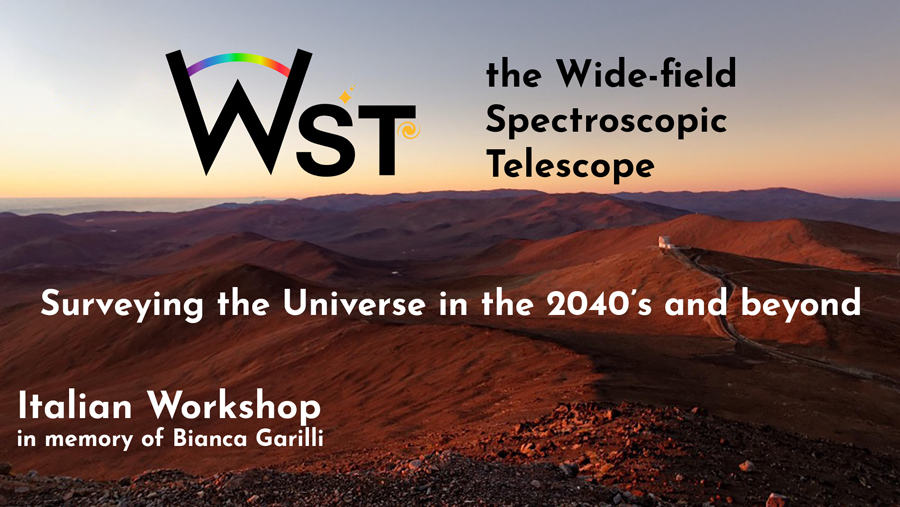Speaker
Description
The Wide-Field Spectroscopic Telescope (WST) will revolutionize astronomical spectroscopy in the 2040s by generating an unprecedented volume of data for the field: tens of thousands to millions of spectra hourly ($\sim$1 TB/night of raw science data).
While the raw data rate per se is modest compared to other facilities (like SKA), the complexity of spectroscopic data processing presents unique challenges for automated analysis and scientific discovery, particularly in balancing automation with necessary human oversight.
This talk addresses four critical aspects of the WST data pipeline:
1. automated data reduction optimization incorporating machine learning for quality assessment and anomaly detection;
2. low-latency processing capabilities essential for time-critical observations and dynamic survey optimization;
3. development of intuitive visualization tools for rapid human validation of complex spectroscopic products; and
4. generation of advanced science products using computationally intensive methods (possibly to be implemented in a distributed computing network) for feature extraction, classification, and parameter estimation.
Throughout these components, we stress the importance of engineering flexible yet effective mechanisms for human intervention in an otherwise automated system.
